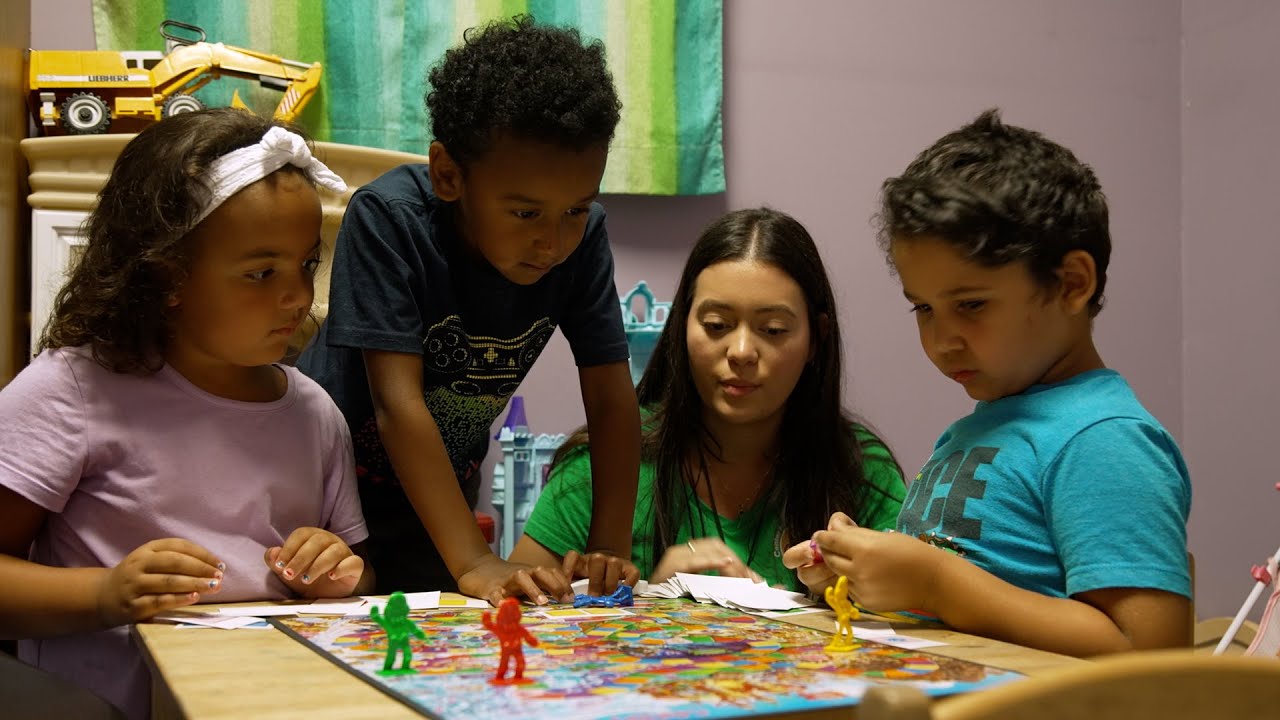
If you’re wondering how to get your child out of special education, there are several steps you can take. First, make sure you speak up during an IEP meeting. Next, ask for accommodations to protect your child from the label “special needs.” Last, but not least, make sure you don’t file a due process complaint. This will allow you to fight for your child’s rights without involving the school or the government.
Working together with your child’s teacher
One way to avoid getting your child into special education is to work together with your child’s teacher. You can discuss your concerns, set up parent conferences, and even arrange for private tutoring. But be sure to schedule these meetings during convenient hours for you and the teacher. You don’t want to miss important updates about your child. Here are some tips on how to make these meetings as productive as possible:
Work together with the teacher to establish a good rapport. It is important to remember that you are the guardian of your child, and your role is to communicate high expectations. Always read documents carefully and request clarifications if necessary. Be sure to complete forms within deadlines and sign the appropriate documents. Get to know the basics of special education. Get acquainted with your child’s rights and responsibilities as a student. Discuss your expectations for your child with the teacher and establish priorities.
During your meeting, always be polite and respectful. Try to avoid being angry, as this will only make it difficult to have a productive conversation. Take the time to listen to the teacher and seek clarification whenever necessary. You can also share your concerns or ask questions. Make sure you do not feel defensive or rushed when speaking to the teacher. If you can’t get the answers to your questions during the first session, schedule another one later.
If you’re a parent of a child with a disability, work with the school to identify the specific needs of your child. A special education student may be struggling to learn, but he or she may be able to overcome these obstacles and excel in other areas. For this purpose, you must work with the teacher and the school. Your child’s IEP is a tool to make your child’s life easier. You may even be able to change the way the teacher teaches.
It’s critical to maintain a good relationship with the school, especially when the child is in special education. Your child’s teacher can provide you with important information and support, but you should not be afraid to ask questions. A special education teacher understands that parents may feel uncomfortable with these meetings, but it’s important to be there for your child. The teachers will be able to tell you what is needed and what isn’t.
Speaking up during an IEP meeting
As a parent, speaking up during an IEP meeting can help your child get the services they need. While it might take years and sometimes involve stepping on people’s toes, it’s important for your child’s long-term success. Here are some tips for speaking up in an IEP meeting. You can also read about what to expect from an IEP meeting in your child’s file.
Invite someone to the meeting who has expertise about your child. Having an outside expert present is beneficial if it allows you to ask for more information. Also, you can ask to see independent assessments. Bring a friend to the meeting if it makes the process easier for you. Make sure the school knows you have someone there to provide a sounding board. You can also bring someone along who can speak for your child if needed.
Your child’s general education teacher can also speak to the IEP meeting. They will have a wealth of information about the child’s strengths and weaknesses. They can also tell you if your child needs a particular aid or service. These people can talk about your child’s learning needs and special needs. Usually, parents make the decision who will attend the meeting. Students can also be involved by helping write the IEP. This way, they can become a part of the process.
Before the IEP meeting, make sure to review your child’s records and read the summaries of assessments. Be prepared with questions and concerns and ask for them in terms that you understand. Remember that the IEP team should be listening to your child’s needs and interests, not just the teachers’ opinions. Make sure they understand what is happening and make the decision in the best way possible.
After the IEP meeting, make sure to stay in contact with the teacher. It may be difficult to predict the outcome of the meeting, but keep in close communication with them. Your child may seem to be doing well in a self-contained class, but the teacher may report that your child is failing to meet expectations, understanding very little and falling behind. This is a major red flag during the meeting and should be addressed as soon as possible.
Accommodations that can protect your child from a label of “special needs”
The label “special needs” has consequences. Not all children with disabilities will advance through the educational system. Some may never achieve their full potential. And those with disabilities face different treatment at work, such as being treated differently by their co-workers. If you’d like to protect your child from the label “special needs,” you should consider taking steps to get effective accommodations for your child.
Avoiding a due process complaint
To avoid a due process complaint when getting your child into or out of special education, you must first request an evaluation from your school district. In some cases, you may be able to prove that your child has a disability, if you can prove that your child has exhibited behavior that would indicate a disability. However, if you have received such an evaluation, and you disagree with the findings, you must file a due process complaint.
Once you file a complaint, the school district must hold a due process meeting with parents and relevant members of the IEP team. While this meeting is supposed to be a time for both parties to come to an agreement, it is not meant to be a waste of time. The school district cannot bring an attorney to the due process meeting if the parents choose mediation. The hearing chairperson can give both parties more time, but not more than 45 days.
If you lose the due process hearing, you have 90 days to appeal the decision. In the meantime, you can appeal the decision in federal or state court. However, if you believe that the decision was made in favor of your child, you can also appeal it in state or federal court. If your child is placed in an IAES, they must remain there for 45 days. During this time, they will stay in that environment until the hearing officer makes his decision. If you disagree with the decision, you can file a due process complaint in federal or state court.
Due process complaints are often the result of an incident that happened before your child was officially identified as a special education student. However, when it comes to child complaint cases, complex issues are usually not the best candidates. The school district must have knowledge of your child’s disability prior to the incident. If the teacher had expressed concerns about a pattern of behavior that could have led to the suspension, she must have notified the director of special education.


